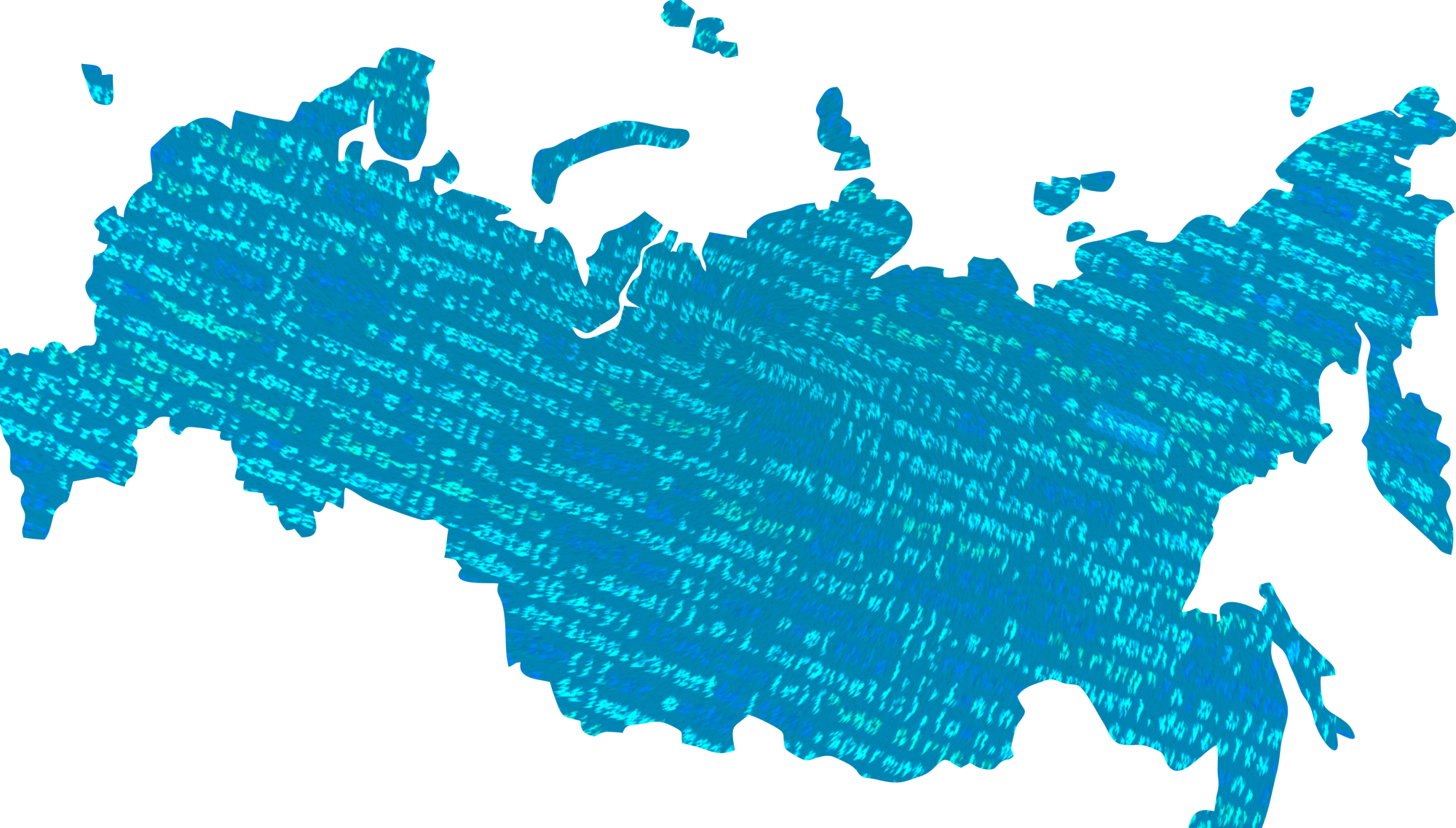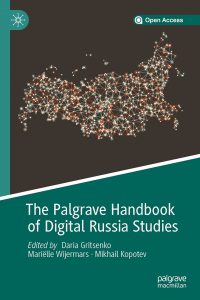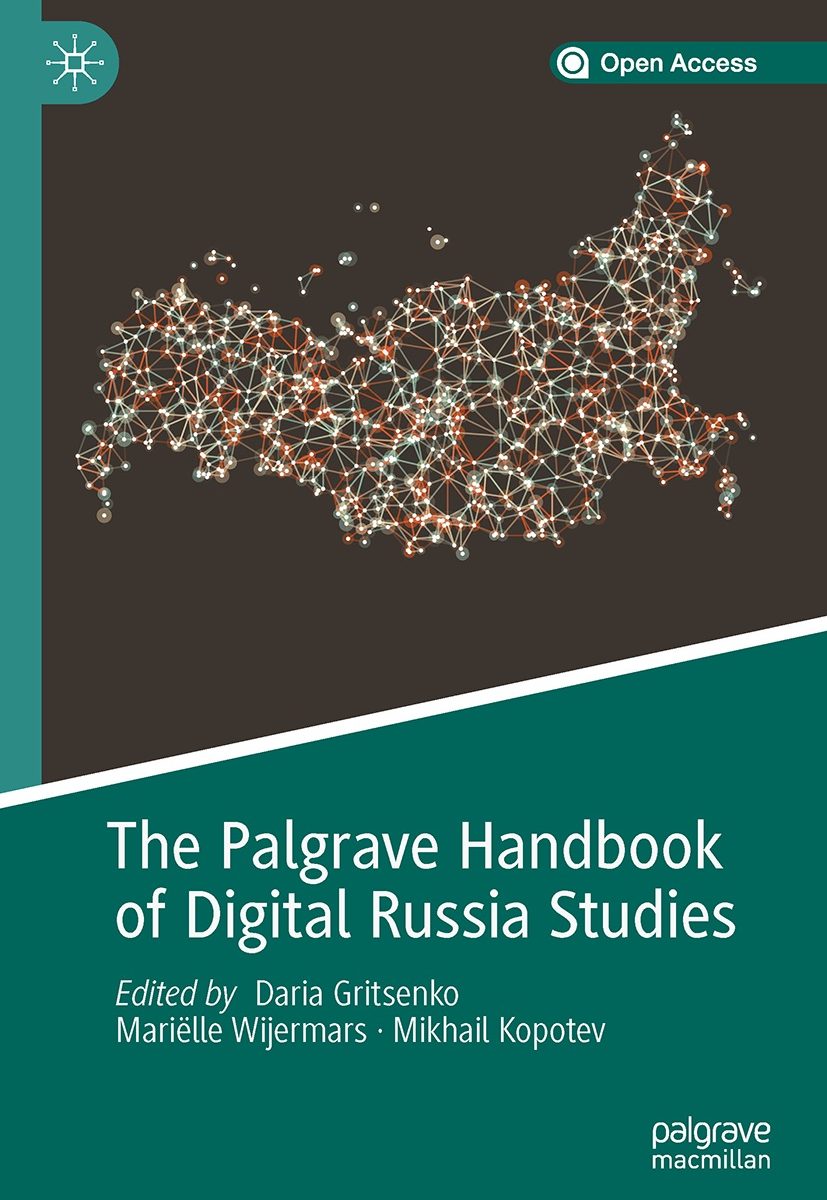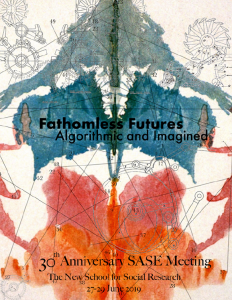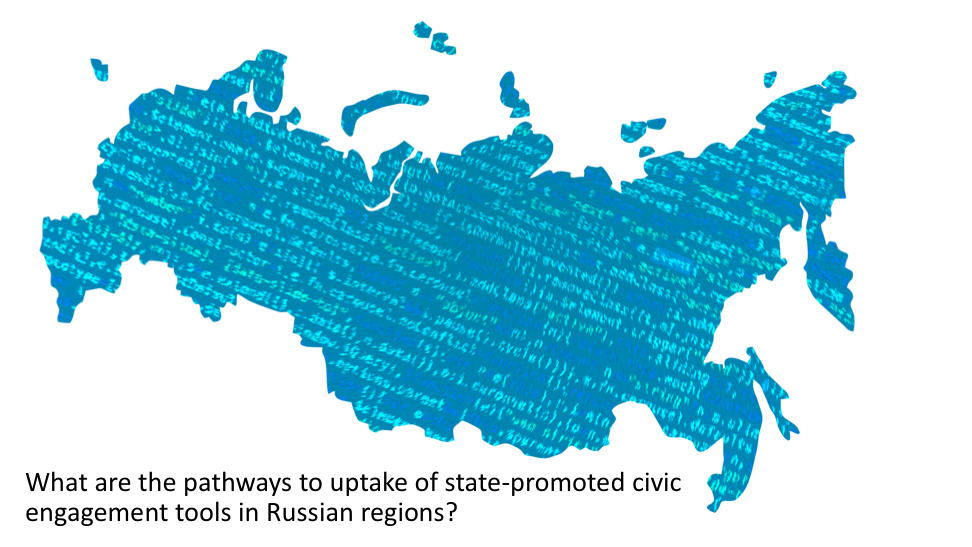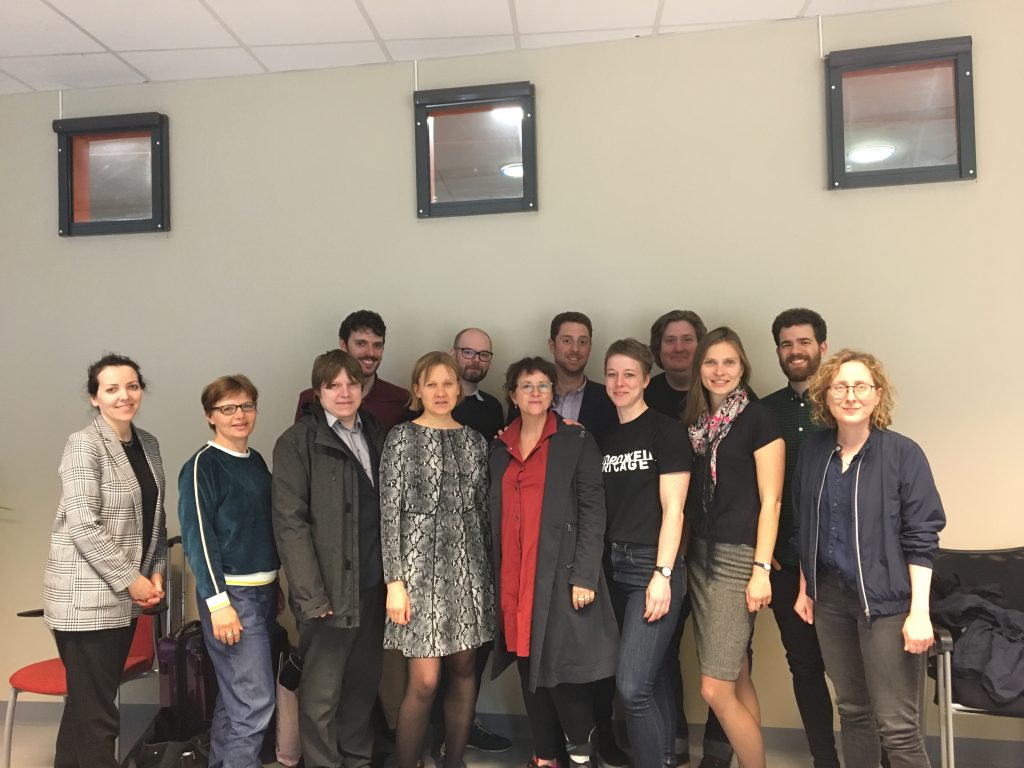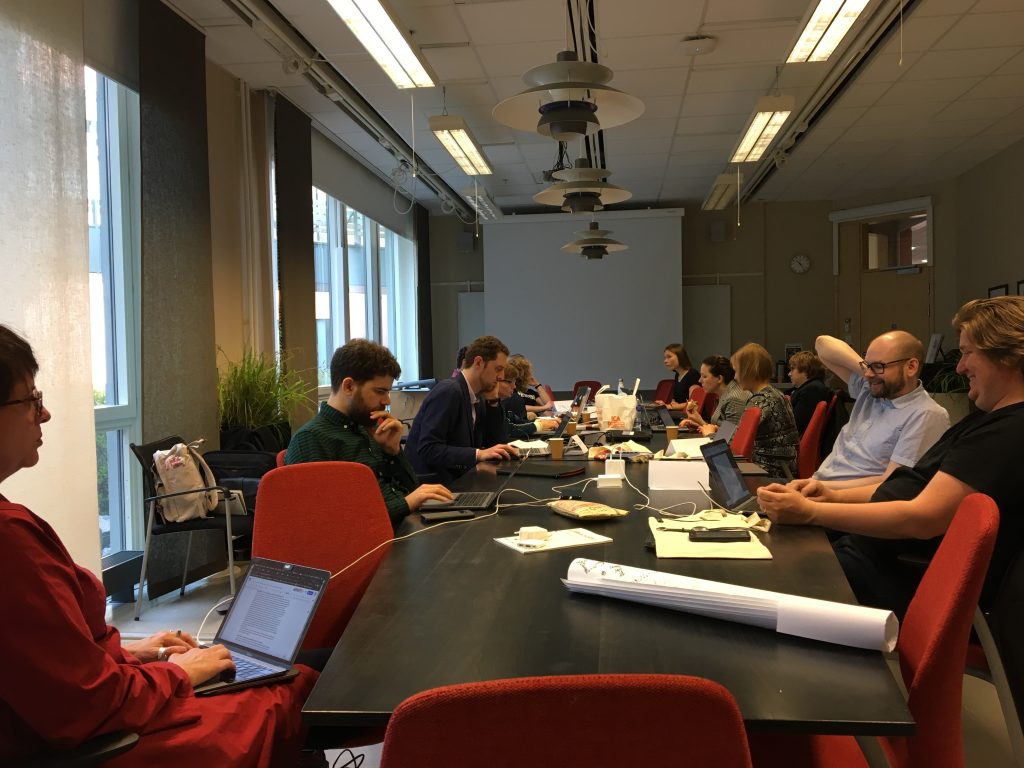The DRS research project ‘Sustainable journalism for the algorithmic future’ in partnership with the Aleksanteri Institute and Swedish School of Social Sciences of the University of Helsinki invite the submission of papers to be presented at the online conference Automation and data-driven journalism beyond the Western world: Actors, practices, and socio-political impact on May 5–6 2021.
Algorithmic systems and other data-driven practices exert increasing influence over today’s societies, reshaping how social and economic systems function (Gillespie 2014). Algorithms are society’s new “power brokers,” dictating the stories that we pay attention to, the activities we participate in, and the people we connect with (Kitchin 2017). The news media is among those industries where artificial intelligence and algorithms are making strides and reordering the playing field as their use diversifies and expands. AI and algorithmic systems are implemented in newsrooms at various stages of the workflow: from smart tools that assist journalists in producing stories to the fully automated production of news articles, and from audience data analysis that informs editorial decisions to algorithmic recommendation systems that match specific content to users. On social media platforms, that form an increasingly central node in news consumption, algorithms not only generate news feeds based on our acquaintances’ actions and advertisers’ preferences (Van Dijck & Poell 2013) but also perform as actors with their own judgment (Carlson 2018). The algorithmic systems employed by social media platforms, news aggregators and other recommender systems can therefore affect the journalistic process and professional practices of media practitioners.
Current scholarly debate on these issues prioritizes and builds upon empirical studies conducted in democratic, Western contexts. Much less is known about the drivers of digital innovation uptake and its socio-political impact in other political and cultural contexts, and this is problematic. Countries such as China, Russia, India, Brazil, South Africa and South Korea do implement global or introduce their own AI-driven tools in their news media This challenges the mediated reality they produce and can, in turn, affect global media agendas (e.g., in the international activities of Chinese Xinhua, Russian RT and Arab Al Jazeera). At the same time, the socio-political impact of news and disinformation amplified through social media is evident across the Global South, where moderation efforts by global platforms lag behind.
This online conference strives to place the discussion of automation and data-driven journalism beyond the Western and Anglophone world. We build upon previous research (Hanitzsch et al 2019, Henkel et al 2020) demonstrating that media innovation and its adoption develop differently depending on the specific characteristics of media systems and markets. Understanding the algorithmic turn in journalism as a socially constructed process – dependent on a country’s journalistic culture, news media’s formal and informal institutions , and the societal role of media – we propose an alternative list of questions to be added to the discussion. When the main media outlets are owned or controlled by the state, who benefits from the automation of media processes, and in what way? When censorship and self-censorship are embedded into journalist professional culture, will the implementation of algorithmic systems lead to more freedom and independence of journalists, or vice versa? How does the economic efficiency promised by automation leverage the political/ideological efficiency of media institutions in authoritarian contexts? What is the importance of algorithmic systems in spreading and amplifying propaganda and disinformation in different media systems?
We welcome both disciplinary and interdisciplinary perspectives and studies employing various social scientific methods, including comparative case-studies, ethnography, socio-legal, and STS studies. Submissions could address, but are not limited to, the following areas:
- The effects of algorithmic and AI-driven tools on professional practices and routines in newsrooms;
- Media interlopers and newcomers to the media industry – from IT developers in newsrooms to the role of big technological companies;
- Implications of AI and data-driven journalism on the public value of news media;
- Disinformation, fake news and fact checking;
- The influence of global social media platforms and their algorithmic recommender systems on media outlets;
- Robotised, algorithmic, augmented, computational, data-driven and other innovative forms of journalism: challenges and opportunities across the globe.
We accept two types of submissions:
Individual paper submissions should be written in English and contain a clear outline of the argument, theoretical framework, methodology and results. Abstracts should be between 250 and 500 words.
Panel proposals should be written in English and consist of a panel rationale (300 words) and abstracts of three papers (max. 250 words per paper).
Please submit your proposal through the submission portal:
Important dates:
Deadline for paper and panel submissions: February 15, 2021 23:59 UTC+2
Selections results: March 15, 2021
Conference: May 5–6, 2021
The conference will be organized as online event. The hosts will strive to accommodate participants’ respective time zones.
Host and organizers:
The event is hosted by the University of Helsinki and organised by Dr. Olga Dovbysh (Aleksanteri Institute, U Helsinki), Hanna Tuulonen (Swedish School of Social Sciences, U Helsinki) and Dr. Mariëlle Wijermars (Aleksanteri Institute, U Helsinki & U Maastricht).
Should you have any questions about the conference, please contact Olga Dovbysh: olga.dovbysh [at] helsinki [dot] fi
